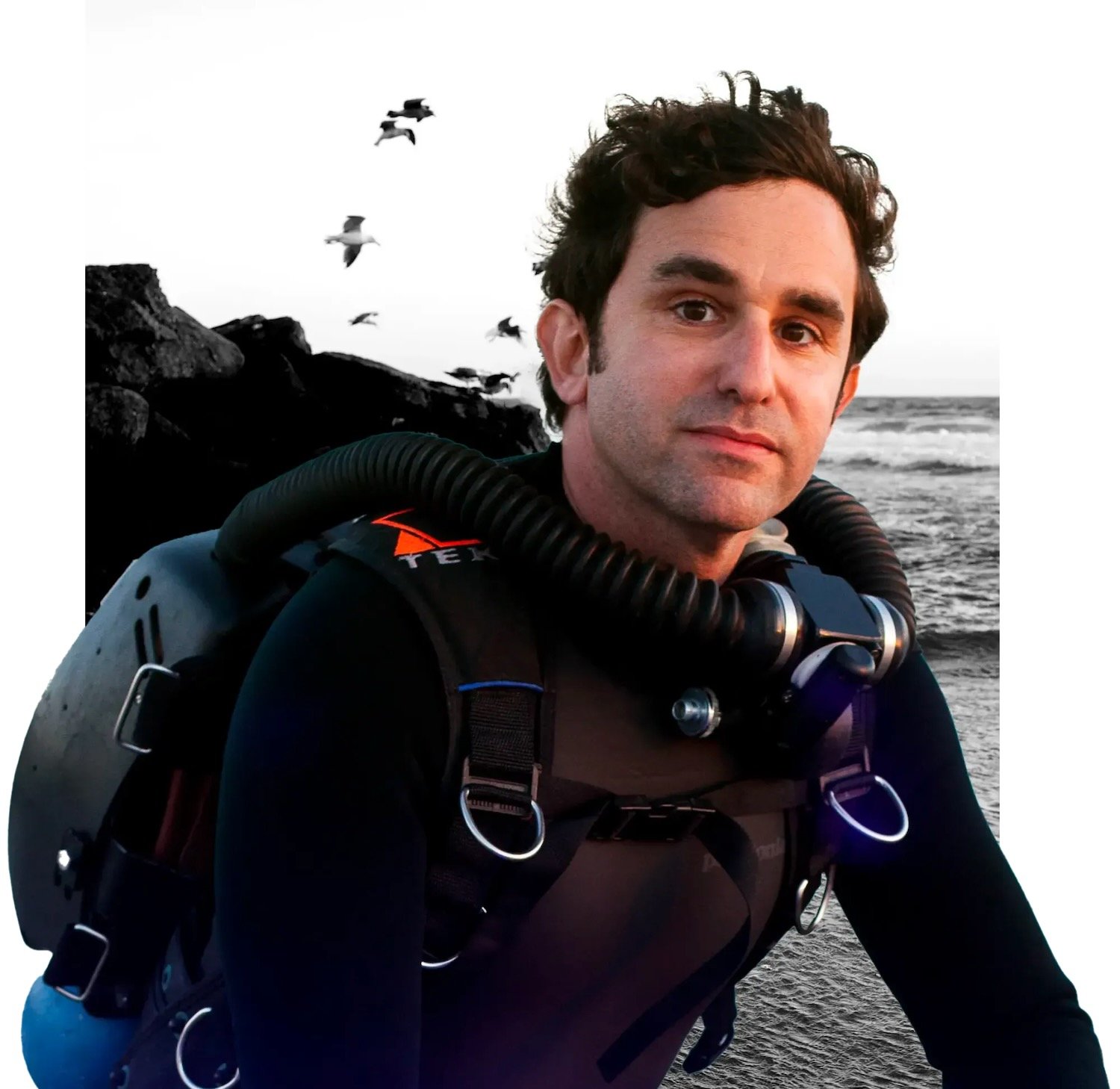Stories of Discovery
For Next-Gen Scientists and Changemakers
SPI’s Pioneers in Science project shares with the next generation of innovators and thinkers intimate, in-depth conversations with trailblazing scientists who have reshaped fields including biology, environmental science, physics, and beyond. Through these first-person narratives, young listeners discover the early passions that sparked their curiosity, the hurdles they overcame, and the groundbreaking discoveries that changed our understanding of the world.
With its rare and inspiring glimpse into the lives of world-class scientists, SPI’s Pioneers in Science collection serves as an invaluable educational resource that ignites curiosity and fuels dreams.
Elizabeth Blackburn
Elizabeth Blackburn, Ph.D., won the Nobel Prize in Physiology or Medicine for her seminal discoveries of telomeres and the enzyme telomerase. Her groundbreaking research illuminated the structure and function of telomeres, the protective caps at the ends of chromosomes that are essential for preserving genetic information during cell division. Dr. Blackburn's co-discovery of telomerase, an enzyme that replenishes telomere ends, was a monumental advancement in the field of molecular biology. Her work has profound implications for understanding aging, cancer, and numerous age-related diseases.
Dr. Blackburn is an esteemed educator who takes great pride in mentoring the next generation of scientists. Click here to link to her SPI page.
David Gruber
David Gruber, Ph.D., is the Founder & President of Project CETI (Cetacean Translation Initiative), a nonprofit, interdisciplinary scientific and conservation initiative on a mission to listen to and translate the communication of sperm whales. He is a Distinguished Professor of Biology and Environmental Sciences at the City University of New York, Baruch College & The CUNY Graduate Center. His interdisciplinary research bridges animal communication, climate science, marine biology, microbiology, and molecular biology, and his inventions include technology to perceive the underwater world (“shark-eye camera”) from the perspective of marine animals.
Dr. Gruber’s recording is currently in production.
Sherri Mason
Sherri A. (“Sam”) Mason, Ph.D., holds a doctorate in chemistry from the University of Montana and is a leading researcher in freshwater plastic pollution. She was the first to identify the presence of microplastics and microfibers in freshwater systems, notably the Great Lakes, the largest freshwater system in the world. Through her work, Dr. Mason has raised global awareness about the far-reaching impact of microplastics on ecosystems, the food chain, and human health.
Dr. Mason’s research and advocacy have led to the passage of international legislation banning the use of microbeads. Click here to link to her SPI page.
Story Musgrave
In August 1967, Dr. Story Musgrave was selected by NASA to be among the first cohort of astronaut-scientists. He holds seven graduate degrees in math, computer science, chemistry, medicine, physiology, literature, and psychology. Dr. Musgrave served as a part-time trauma surgeon during his 30-year career with NASA, flew on six spaceflights, was instrumental in the design of spacesuits, life support systems, airlocks, and manned maneuvering units used for spacewalks, performed the first shuttle spacewalk on Challenger's maiden flight, piloted an astronomy mission, and played a pivotal role in the development and in-space repair of the Hubble Space Telescope.
Dr. Musgrave is the recipient of the NASA Distinguished Service Medal. Click here to link to his SPI page.
Merlin Sheldrake
Merlin Sheldrake, Ph.D., is a leading figure in the exploration, discovery, documentation, conservation, and preservation of fungi. A biologist and author renowned for his pioneering research, Dr. Sheldrake has significantly advanced our understanding of the fungal kingdom. His work emphasizes the crucial role fungi play in ecosystems, including their symbiotic relationships with plants and their ability to decompose organic matter, thereby cycling nutrients and maintaining soil health. In this groundbreaking work, he reveals how fungi connect and support the natural world, highlighting their importance in addressing global environmental challenges such as climate change and biodiversity loss.
The hidden world of fungi is essential to life on Earth. Click here to link to Dr. Sheldrake’s SPI page.
Steven Wofsy
Dr. Steven Wofsy, Ph.D., is an atmospheric and hydrospheric scientist named the Abbott Lawrence Rotch Professor of Atmospheric and Environmental Science at Harvard University. Dr. Wofsy's research over many years has been motivated by the need for scientific information and analysis to make wise decisions on the future development and conservation of the world's resources. Most recently, Dr. Wofsy served as the principal investigator on the project MethaneSAT, an advanced methane-tracking satellite capable of measuring methane emissions virtually anywhere on Earth.
MethaneSAT is a powerful and groundbreaking tool that buys us critical years in the fight against climate change. Click here to link to Dr. Wofsy’s SPI page.
Story Preservation
Our Mission: Story Preservation Initiative believes in the transformative power of story to connect people around our common humanity and create a better future.
Our Work: We are a leading producer and online distributor of original, content-rich audio-based narratives for K-12 students. SPI stories are the raw materials of history, roadmaps to scientific discovery, and windows to the minds of artists and skilled tradesmen and women. SPI also makes available original projects and educator prompts developed to deepen student engagement and learning.
What We Achieve: SPI brings listeners into personal contact with extraordinary people whose stories engage their hearts and minds, imparting content knowledge and fostering curiosity, creativity, and critical thinking as they open doors to possible career paths in professions associated with the arts, sciences, humanities, and skilled trades.
SPI produces original, primary source recordings of extraordinary people who share their knowledge and experience with young people to educate, inspire, and make learning meaningful and real-world relevant.
We are committed to remaining open-source, but we need your help. Please consider a donation in any amount. All contributions are tax-deductible as allowed by law. Click HERE to donate.








